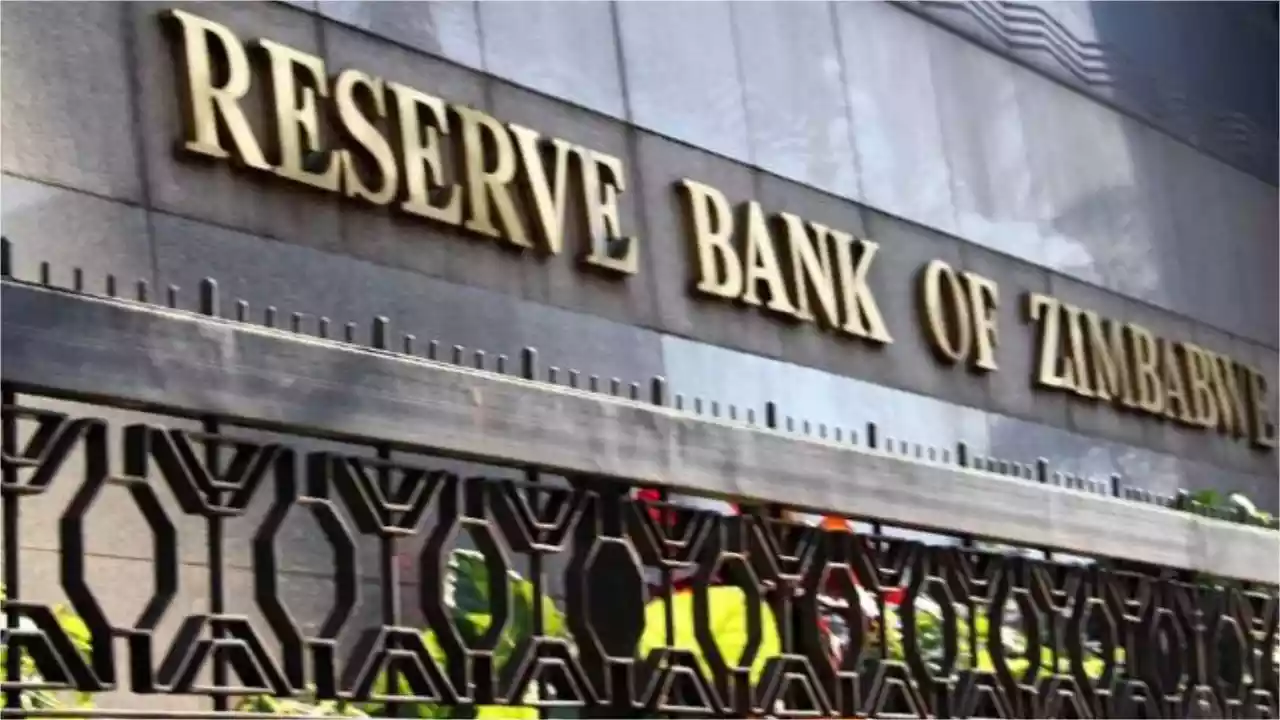
ZIMBABWE, a country rich in untapped natural resources, has faced significant economic challenges in recent years, including hyperinflation resulting in the abandonment of its own currency.
As Zimbabweans seek solutions to economic stability and empowerment, one proposal gaining momentum is the adoption of a structured currency tied to natural resources like gold, diamonds or other minerals.
A structured currency is a form of currency designed to have a specific value or tied to a particular asset or reserve. It aims to provide stability and control over the monetary system. By linking a structured currency to a tangible commodity, such as gold or diamonds, proponents argue that it can mitigate the issues that have plagued previous Zimbabwean currencies, such as hyperinflation and lack of public confidence.
Advocates of a structured currency argue that it offers several potential benefits to Zimbabwe. Firstly, tying the currency to a valuable commodity can provide intrinsic value, reducing the risk of hyperinflation.
Secondly, a structured currency can promote confidence in the monetary system and attract investment by being a reliable store of wealth.
Additionally, it can encourage the growth of domestic industries related to the extraction and processing of natural resources, creating employment opportunities and boosting economic activity.
Zimbabwe possesses abundant natural resources, including extensive gold and diamond reserves, making it one of the wealthiest countries in terms of untapped resources per capita. Allowing Zimbabweans to trade in these resources can have several positive benefits.
Firstly, it can empower the local population, particularly small-scale miners, by providing them with avenues to directly participate in the formal economy. This can result in increased incomes, improved livelihoods, and reduced poverty levels.
- Mavhunga puts DeMbare into Chibuku quarterfinals
- Bulls to charge into Zimbabwe gold stocks
- Ndiraya concerned as goals dry up
- Letters: How solar power is transforming African farms
Keep Reading
Furthermore, enabling the trade in natural resources can attract foreign investors interested in Zimbabwe’s mineral wealth. Foreign direct investment in mining can bring advanced technology, expertise, and capital, leading to increased production, improved efficiency, and overall economic growth. This, in turn, can help to create a favourable investment climate and stimulate other sectors of the economy.
However, it is crucial to address potential challenges and risks associated with natural resource trading. Establishing a transparent and accountable regulatory framework is essential to prevent illegal mining, smuggling and exploitation. It is also essential to ensure that the benefits of resource trading are evenly distributed and contribute to sustainable development.
Repealing antiquated colonial laws that restrict citizens from trading in gold and other precious minerals is a crucial step towards empowering Zimbabweans and embracing the potential of natural resource trading. By removing these barriers, the government can foster a more inclusive and participatory economy, allowing Zimbabweans to benefit directly from the country’s mineral wealth.
Changing mineral laws should be accompanied by comprehensive reforms to ensure responsible and sustainable mining practices. This includes implementing environmental regulations, improving safety standards and combating corruption in the sector. Additionally, investing in education, training and infrastructure can further empower Zimbabweans to actively participate in the mining industry and its associated value chains.
Zimbabwe’s rich natural resources offer immense potential for economic development and empowerment. Adopting a structured currency tied to a commodity like gold or diamonds, along with allowing Zimbabweans to trade in these resources, can unlock significant opportunities. However, it’s crucial to preface this proposal with careful planning, regulatory frameworks, infrastructure development and sustainable practices.
Jacob Kudzayi Mutisi







